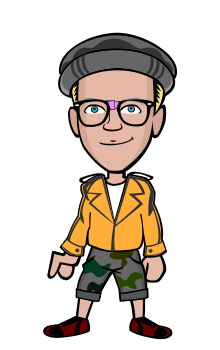Poverty is general scarcity or dearth, or the state of one who lacks a certain amount of material possessions or money.Absolute poverty or destitution refers to the deprivation of basic human needs, which commonly includes food, water, sanitation, clothing, shelter, health care and education. Relative poverty is defined contextually as economic inequality in the location or society in which people live.
After the industrial revolution, mass production in factories made production goods increasingly less expensive and more accessible. Of more importance is the modernization of agriculture, such as fertilizers, to provide enough yield to feed the population. Responding to basic needs can be restricted by constraints on government's ability to deliver services, such as corruption, tax avoidance, debt and loan conditionalities and by the brain drain of health care and educational professionals. Strategies of increasing income to make basic needs more affordable typically include welfare, economic freedoms, and providing financial services.



